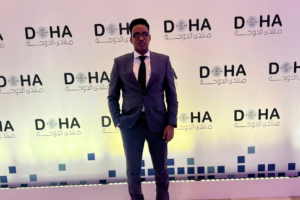
Galdogob is one of the districts of Mudug region. It is about sixty kilometers (60 km) west of Gaalkacyo town, the capital city of Mudug and is 12 Kilometers from the Ethiopian border. Though I was there for short 24 hours, I was however impressed with the progress and peace of Galdogob. The city has three radio stations, one large hospital built by the diaspora, two universities, and several primary and secondary schools. Its income mainly depends on remittances, the livestock rearing, and trade.
It was my first travel to Galdogob, and from the get go, three salient characteristics of the city stood out: self-determination of the residents which developed the district, investment of Diaspora returnees, and a culture of helping the needy people.
The most amazing project that Galdogob community is engaged in is the construction of the road to Galkacyo. The road is about 60 km long. It was one of the dangerous roads in the country because of landmines. Ethiopia captured the city in 1981, but it regained its freedom in 1986. For seven years (1981-1988) the city was a conflict zone as both the Somali and Ethiopian armies planted landmines in and around the city. Fear of landmines, general disrepair and absence of passable road between Galdogob and Galkacyo made travel between the two cities difficult. Residents decided to clear the bombs and the idea of constructing the road seemed reasonable. After six months of fundraising, the road construction project started and a construction company was hired.
Without external aid or support, the district residents with the help of the Diaspora community completed the construction of twenty-four kilometers (24 km) of the road. They are still raising funds and are determined constructing the remaining section of the road. When the road is completed travel time between Galdogob and Galkacyo will be reduced from 4 hours to less than an hour and that will revolutionize movement of people and goods. The fact that Galdogob is a border town and there are plans to open the custom post further increases economic prospects of the city.
Galdogob citizens’ self-reliance and collective efforts inspired me. It is very clear the community’s collective commitment to better their situation is producing tangible results for them. Diaspora contribution is a key factor that helped jumpstarted their efforts.
There are one or two things that other Somali cities could learn from Galdogob. Reversing the brain drain and permanent return of diaspora citizens with education and capital is essential development. These returnees are at the forefront of the city’s development projects such as telecommunication, electricity, water, hospital and the road project. The Diasporas who permanently settled in the city play a pivotal role the connection between the city and its overseas sons and daughters. Local elite, conversely, began educational initiatives and now run educational institutions.
The peaceful nature of the city is something that one quickly notices. The twenty-four hours I was there, I did neither see a gun nor heard gunfire. The district administrators walk and drive their cars without bodyguards. Visitors like me are also able to walk confidently and without fear.
I was also touched the fact that the city’s spirit of solidarity reached the poor and the needy. I prayed the Jum’a prayer in a huge mosque recently built in the center of the city by a Diaspora returnee. After the prayers, someone stood and talked to the congregation. He said, “As we used to do every year, we have to help the poor get dresses to wear to the Eid day”. He reminded the people that they donated dresses to hundred poor families last year, and they need to do the same this year. He requested people to bring at least one of their dresses cleaned and ironed in the mosque.
Galdogob seems to me a city where other Somalis would benefit from visiting; they will definitely learn lessons. Without government support, residents are developing the basic infrastructure of their district. I wish them and their district a prosperous future and sustainable development.
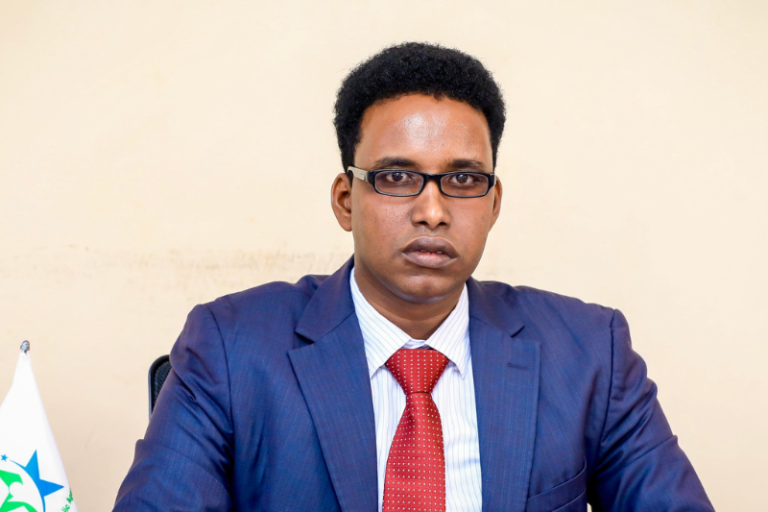
Is a researcher, teacher, podcaster and blogger. His work over the last decade has focused on teaching and researching governance, justice and social services in Somalia.

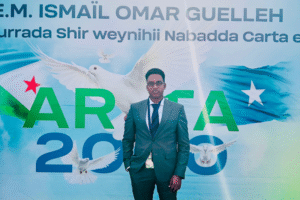

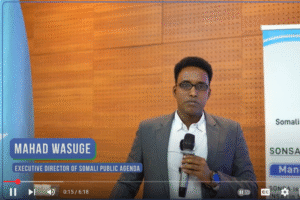

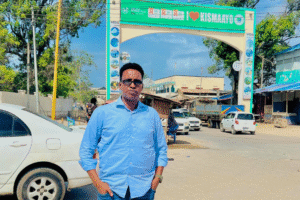
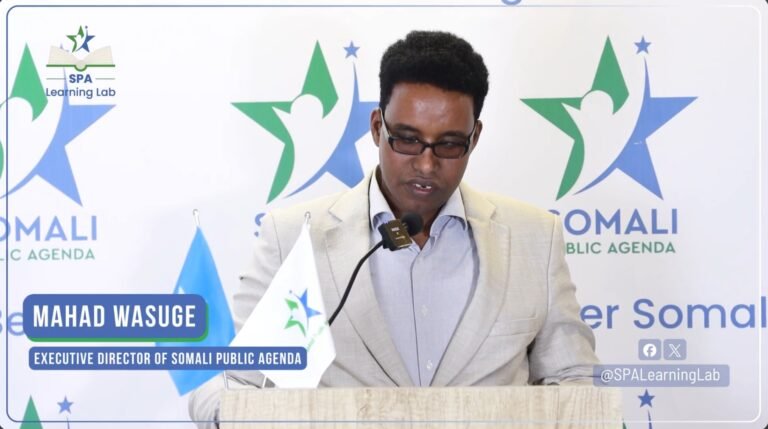
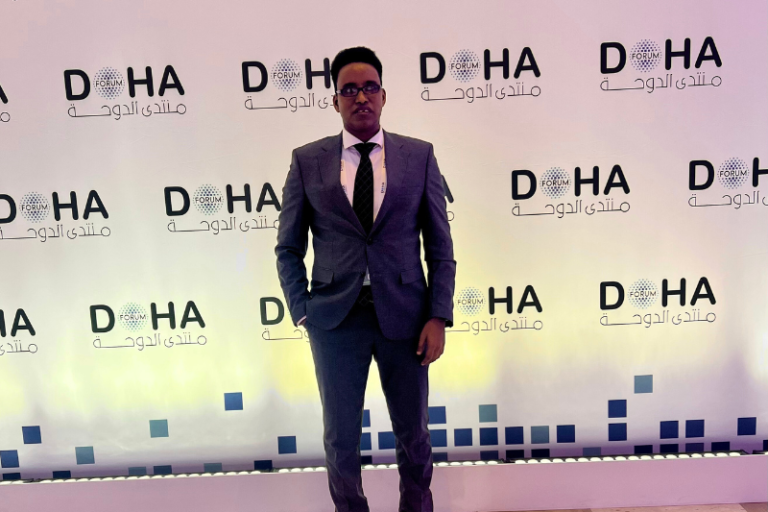

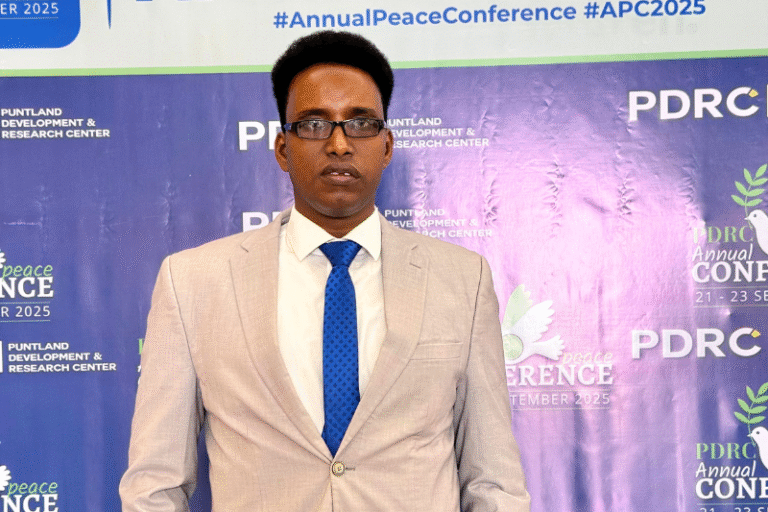
4 Responses
Mshallah , Thank you very much , i am appreciating you about your visit to Galdogob , it’s my hometown, i really liked how you reported my city..
Thank you , you are a good researcher and you have really bright future.. Go Forwad Sir
Thanks Kaasim for your valuable words.
maasha allah, dear lecture nice work really you are working hard so go forward dear lecture
Thanks Mohamed